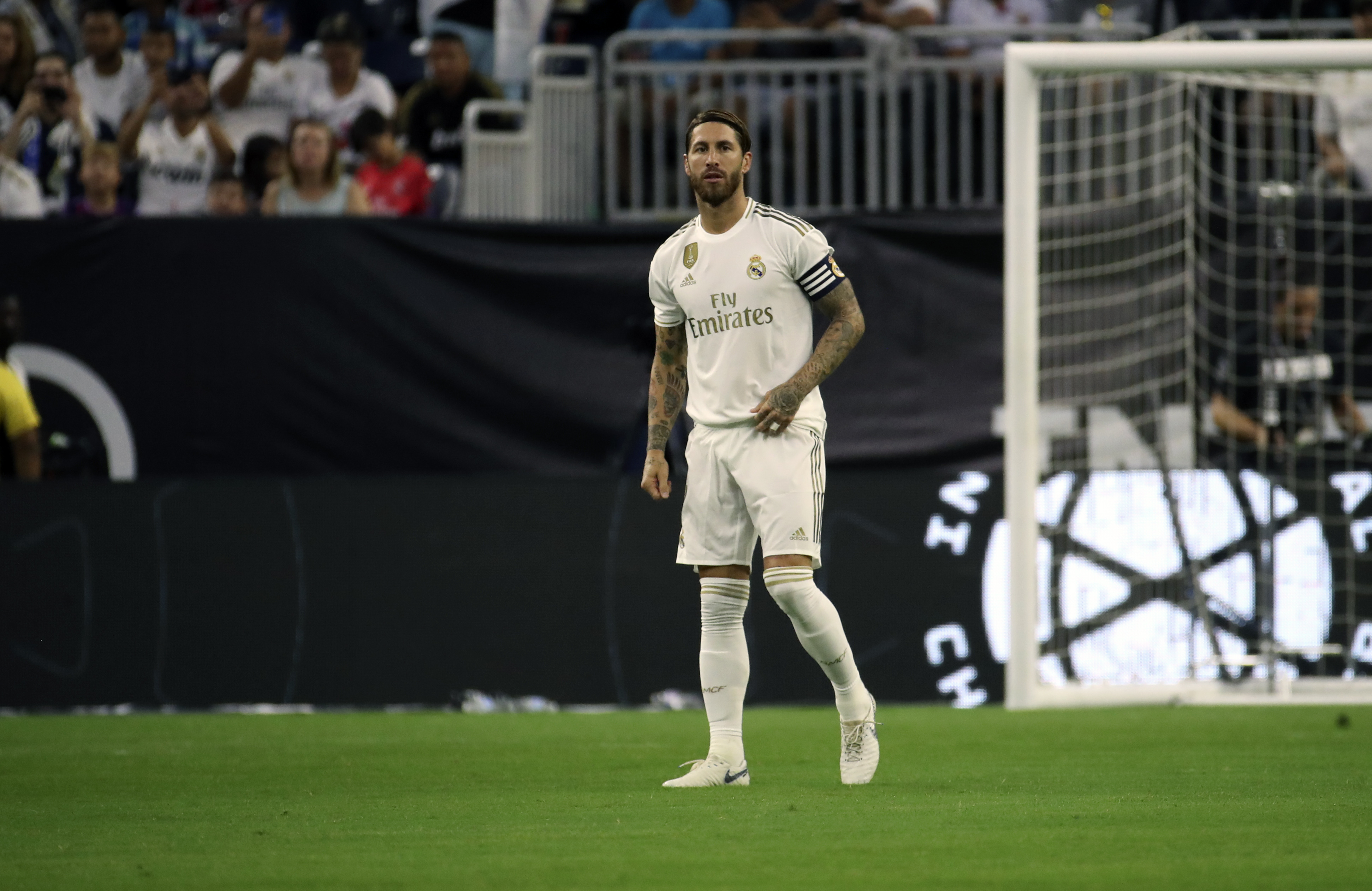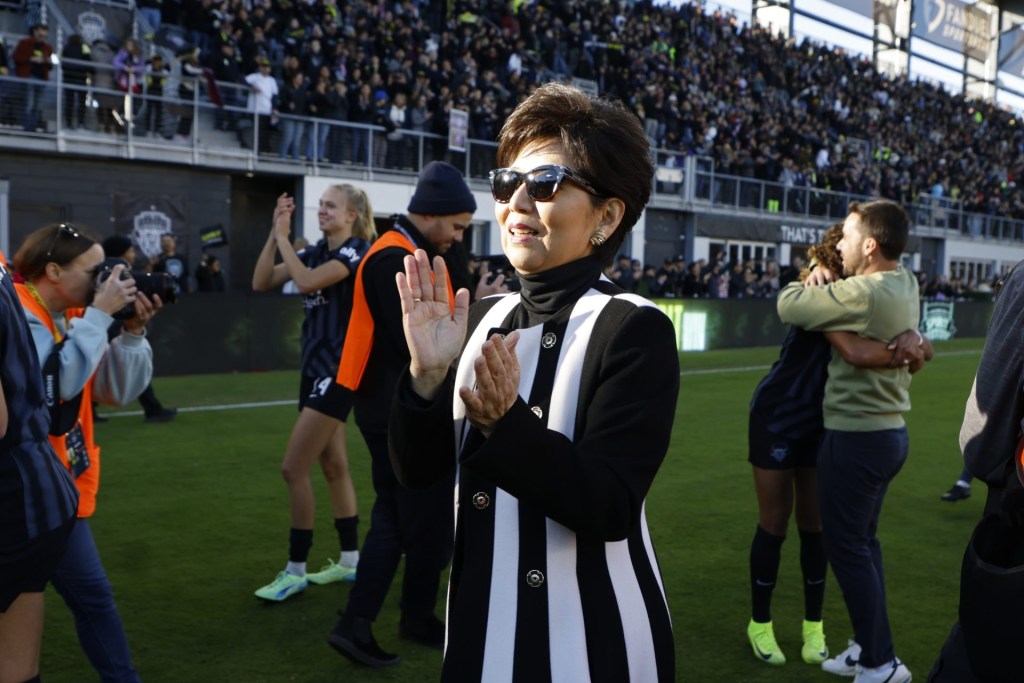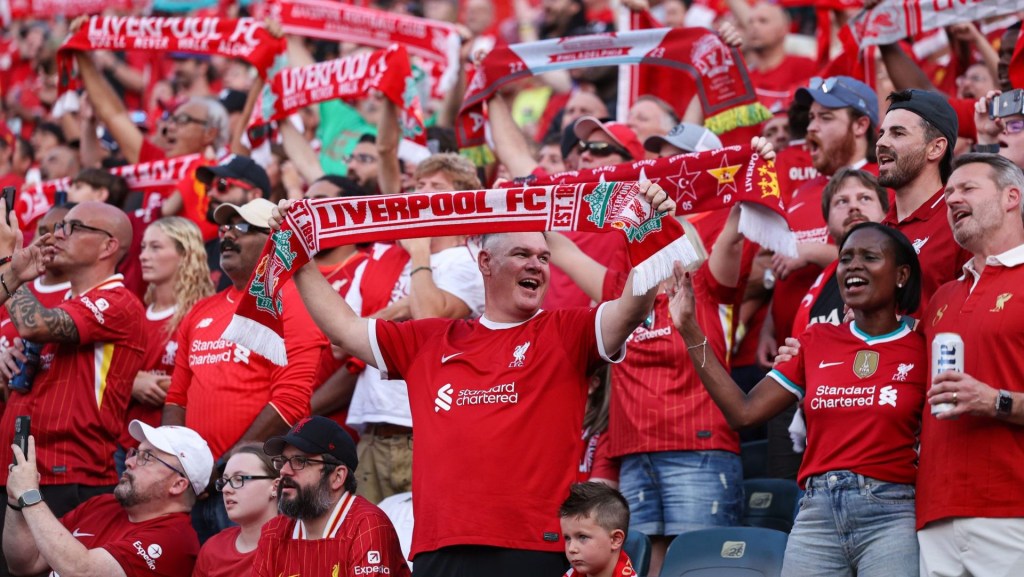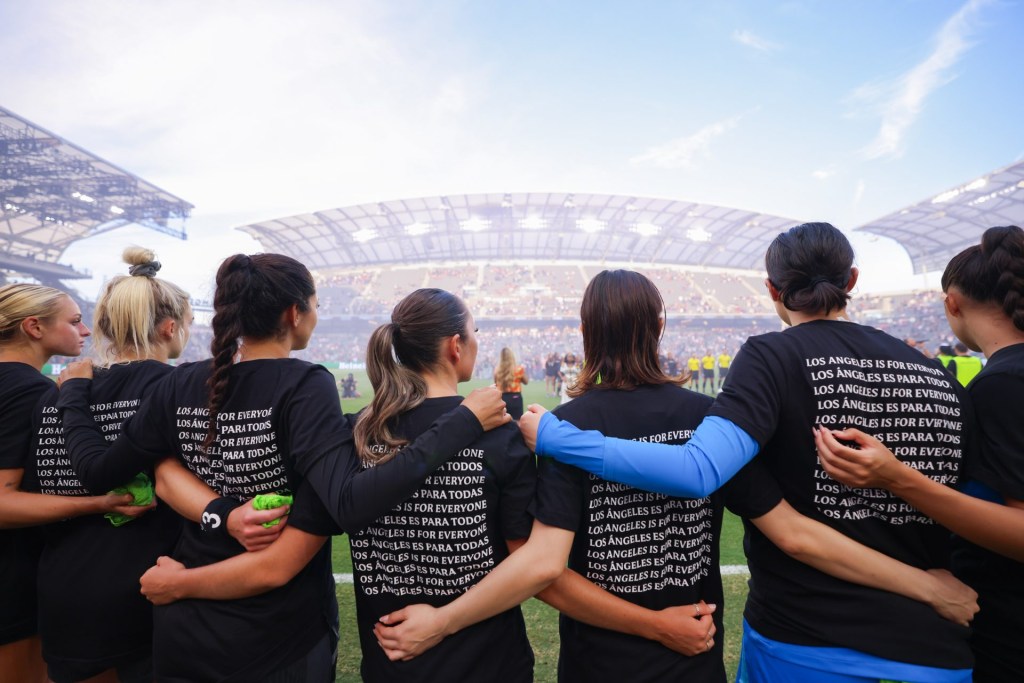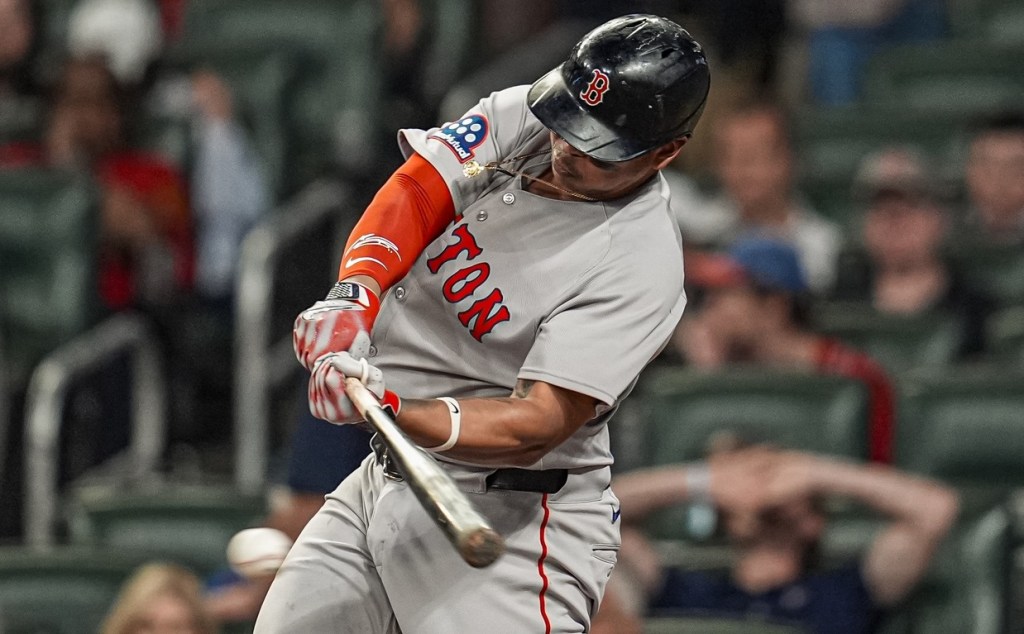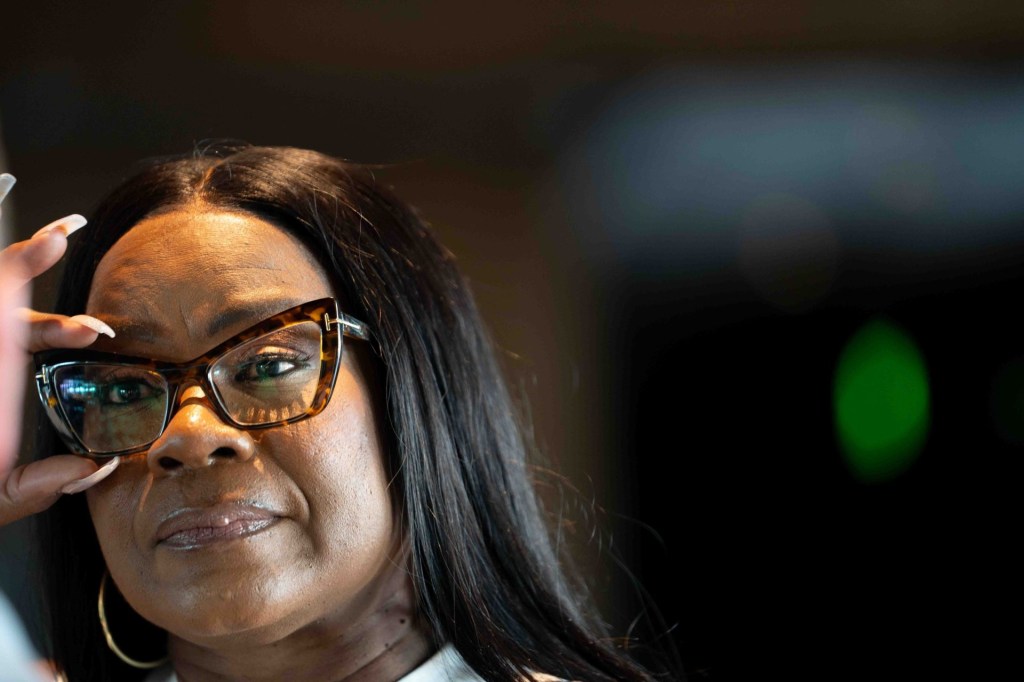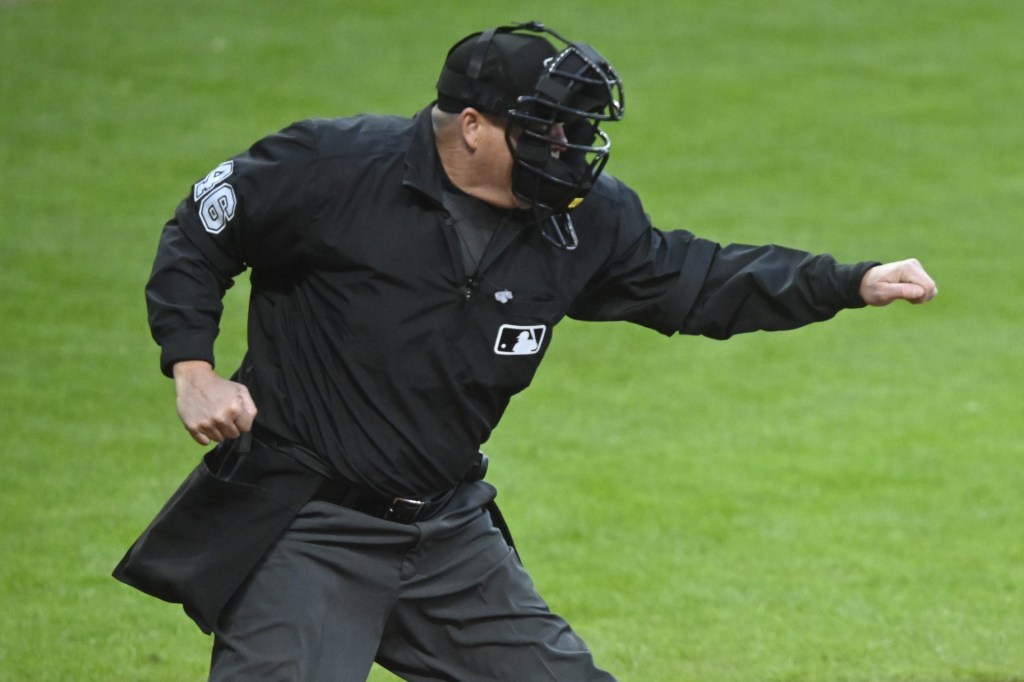Budweiser is hellbent on growing market share internationally, and the world’s most popular game continues to be a mainstay in the brand’s efforts to accomplish that.
The AB InBev subsidiary’s involvement in soccer dates back to 1985 when it first became a global partner of the men’s FIFA World Cup tournament. Over the past six months, Budweiser has committed to ratcheting up its sports marketing activity abroad to build more of a local rapport with fans.
The American brewer inked sponsorship deals with both the English Premier League and La Liga in July. Each partnership helps Budweiser market to consumers more frequently than existing relationships with FIFA or the English women’s national team announced this year allow for, according to Global Vice President of Marketing Steve Arkley.
“We’ve become a sponsor of the EPL and La Liga, which is a fabulous opportunity for us to bridge the gap in terms of what we already do with the FIFA World Cup,” Arkley said. “It deepens our commitment to soccer, which is a passion point in our key markets.”
Budweiser stands to gain millions of additional eyeballs on its product thanks to the new deals. La Liga clubs last season welcomed more than 10 million fans into stadiums for the sixth consecutive year, Spanish tabloid Marca reported in June. About 70% of the UK’s population additionally watched EPL soccer over the same period, leading to record television ratings for Sky Sports and BT Sport over the 2018-2019 campaign, the league announced over the summer.
Beer marketing within sports is not a new phenomenon, as companies over the years have deployed every marketing tactic at their disposal – from humorous commercials, to campaigns playing up brand heritage and hops quality – in order to grow revenue and volumes of beer sold.
Budweiser recently relied on the allure of “Americana” during the Obama administration to boost sales overseas, according to Brian Sudano, managing partner of industry consultant group Beverage Marketing Corporation. But that has since shifted to a strategy focused on urban culture with its latest marketing activation, dubbed “Be a King.”
The new campaign, whose launch features Real Madrid defender Sergio Ramos, is intended to celebrate the legends of global soccer. Budweiser, among other planned activations, will offer fans limited edition customized bottles featuring the Spanish national team player’s tattoos. The campaign is also a call back to the late 1980s and 1990s when Budweiser touted itself as the king of beer and a must-have in every bar, wholesaler, and sports locker room.
“That was part of the allure that Budweiser had,” said Sudano. “Will they now dominate consumer or country consumption? Maybe not. But to get into that considered brand set, which it is not really penetrating into now, is important.”
READ MORE: YETI Stays Cool With Customers Via Sports Sponsorships
Budweiser hinted that more athletes will be featured in later iterations of the “Be a King” series but did not go into specifics.
“Be a King is a new communication from Budweiser that you will see blossom in football [soccer] and other passion points in time,” Arkley said. “Football players are synonymous with urban lifestyle and culture, and that fits our brand proposition.”
Budweiser declined to comment on its current international market share. But a look into parent company AB InBev’s financials reveals the opportunity soccer presents for the brand.
Budweiser’s international sales grew 5.6% in the second quarter of 2019, including high single-digit growth in Europe, according to SEC filings.
All three of AB InBev’s global brands combined – Budweiser, Corona, and Stella Artois – also increased revenue outside of home markets by 11.3%, helping AB InBev grow sales to $13.9 million in the quarter ending June 30.
“One major reason why our brands are so loved by consumers is their connection with key passion points. And among these passion points, football is far away number one,” AB InBev CEO Carlos Brito said on a company earnings call in July.
Five years ago, AB InBev severely cut back on its sports marketing budget, as the company wasn’t quite reaping the benefits of its investments for its brands. But with a renewed commitment comes a mandate to partner with companies around the globe.
READ MORE: Concacaf Unveils First-Ever Women’s Soccer Plan
That includes domestically, where Budweiser has had a tougher time keeping market share in the last 15 years, according to Sudano. Within the sport of soccer, Budweiser is now a sponsor of the Women’s International Champions Cup, the National Women’s Soccer League, and is the official malt beverage of U.S. Soccer.
“Budweiser’s U.S. brand has struggled, primarily as consumers have moved on to other products – locally crafted beers – in lieu of mainstream beers,” said Sudano. “Budweiser traditionally caters to an older demographic, which does not drink as much.”
North America, in fact, is AB InBev’s slowest growing market. In the first half of 2019, the company grew sales by 1.3% in the region compared to 4.8% in its Europe, Middle East, Africa market. AB InBev will report third-quarter earnings on October 25.
